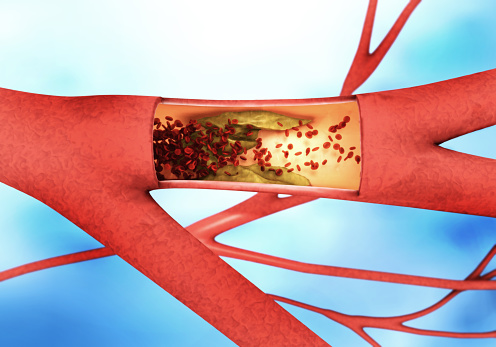Can you treat prinzmetal angina at home? Causes, symptoms, and treatment of variant angina
Coronary artery spasm (Prinzmetal’s angina) is a type of angina that occurs at rest. It’s brought on by a spasm in the coronary artery, causing temporary narrowing of the artery. Although it can be relieved with medications, it is still a very severe condition. On an electrocardiogram, Prinzmetal’s angina—also called variant angina—appears with episodes of ...click here to read more










